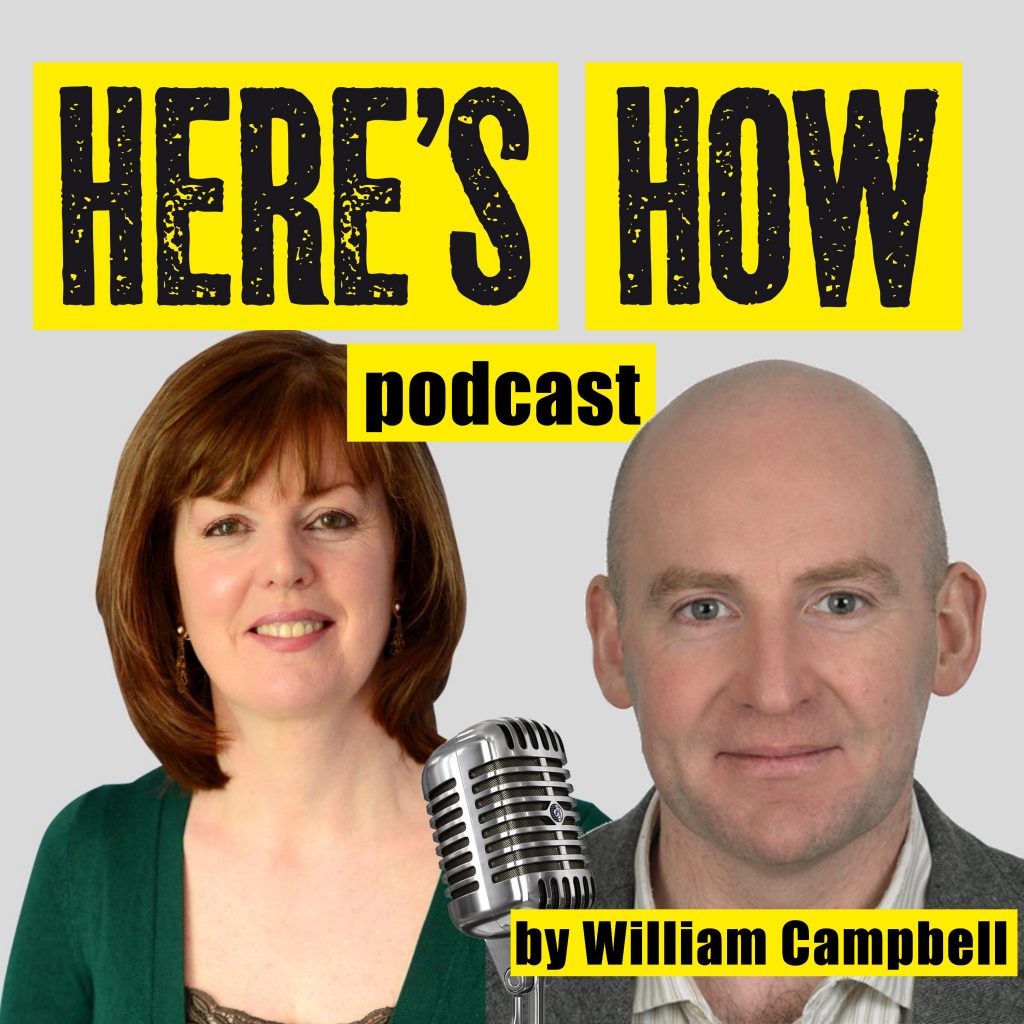Podcast: Play in new window
Subscribe: Apple Podcasts | RSS | More
Brenda Power is a journalist for the Sunday Times and Irish Daily Mail, and whose work has appeared in many other publications, and is frequently heard on broadcast media.
*****
Maybe I’m giving away my age if I mention my nostalgia for the pirate radio stations of the 1980s. I’m just about old enough to remember Radio Nova, Q102 and Sunshine Radio, and I know that there were many more of them in Dublin, and dozens more around the country. Some of them were more professional than others and they were run by enthusiasts, sometimes by businessmen, sometimes by shysters.
It’s hard to believe now, but these were the only alternative on the airwaves to a very dry and dusty RTÉ. Radio 2, as it was then called, was set up to try to stem the massive haemorrhaging of listeners to the pirates, who mostly operated totally openly, giving out their phone numbers and addresses on air, and selling advertising to major businesses. At one point Radio Nova crashed the entire telephone system of the Dublin region when so many people called trying to win a cash prize.
RTÉ was so frustrated that the pirates, who were all broadcasting illegally, were taking so much of what they saw as ‘their’ audience that they, RTÉ, resorted to breaking the law themselves and installing illegal transmitters themselves to try to jam the pirate signals.
There was a lot of political instability in the 80s, which meant that the various governments had little motivation to offend the huge swathe of voters that listened to them. Then Fianna Fáil formed a majority government in 1987, and by the end of 1988, almost all the pirates were off the air, with the promise of commercial broadcast licences to come.
But this isn’t about the pirates, really; if you are interested, go to pirate.ie, a great website that puts up clips of old recordings, and thanks to Brian Greene for permission to use these clips.
I was listening to the clips, and when I got over the nostalgia, what really struck me was the prices in the ads. So, for the first time ever on the podcast, let’s have an ad break.
This ad is from 1984. Think about that for a moment. A washing machine for £199. I presume that Prize Fighters were promoting their best bargains, but let’s have a look at the bargains today, on the PowerCity website. Washing machines start at €219, that’s £173 pounds, in ah old money.
Get that, after 37 years of inflation a washing machine today costs considerably less than it did in 1984. Other household appliances follow the same pattern. That ad has a fridge freezer for £189, on the PowerCity website, as I record, they have a fridge freezer for €199 – the equivalent of £157.
Bear in mind that I’m not doing any adjusting for inflation here, there’s no ‘in today’s money’ that’s just the raw price data. That ad from 1984 has an electric cooker £179, there’s some on the PowerCity website today for €219, that’s £172 old Irish pounds. So £179 37 years ago, £172 today. That’s even before you take into account that the technology in these appliances is light years ahead of where it was back then.
The point that I’m making here is that when you hear the inflation figure announced each month for this or that percent, it doesn’t mean that all things change their price at the same rate. If you look at the CSO website, they will tell you that the inflation rate since 1984 has been about 120 per cent. That means something that cost the equivalent of €100 in 1984 would cost €220 today.
But actually, it doesn’t mean that. It means that the average price of a basket of goods which cost €100 in 1984 would cost €220 today. But averages don’t tell the whole story.
You could have got the cheapest loaf of bread in 1984 for about 19p, about 25 cent. Remember that on average since then, prices slightly more than doubled, so you would expect that the cheapest loaf of bread now would be about 60 cent, but it’s not. It’s about €1.50. so we arrive at that average inflation rate by mixing up the prices of some goods that are going down, and some that are going up.
And here’s the thing: the things that are getting cheaper are typically complex. The things that are getting dearer are generally simple. But different people don’t all buy the same things. So we all have different personal inflation rates, because we all buy at least slightly different stuff.
So what?
So this. People who are poorer spend a far bigger portion of their income on food and basic things. People who are richer pay the same price, or even more, for food, but they pay a much lower portion of their income for those necessities.
If you’re lucky enough to be able to spend most of your income on expensive electronics, on flights abroad and other luxuries, then your personal inflation rate is much lower than people who are struggling to make ends meet.
Think about that when you hear someone say that a TD or minister’s salary is increased in line with inflation, or that social welfare payments are increased in line with inflation.
Because one person’s inflation isn’t in line with someone else’s inflation.








